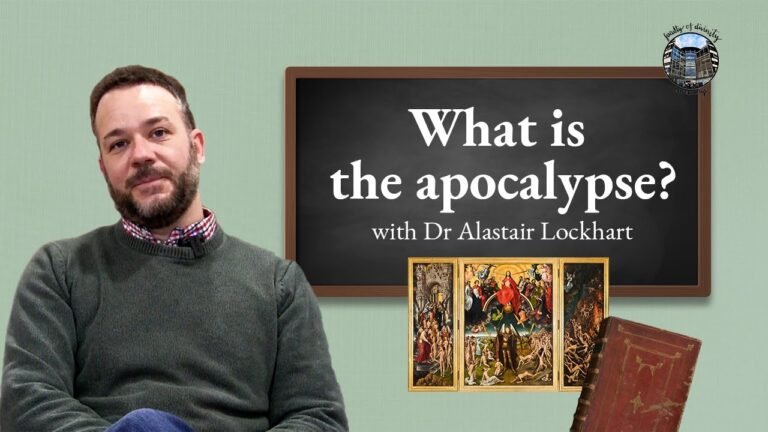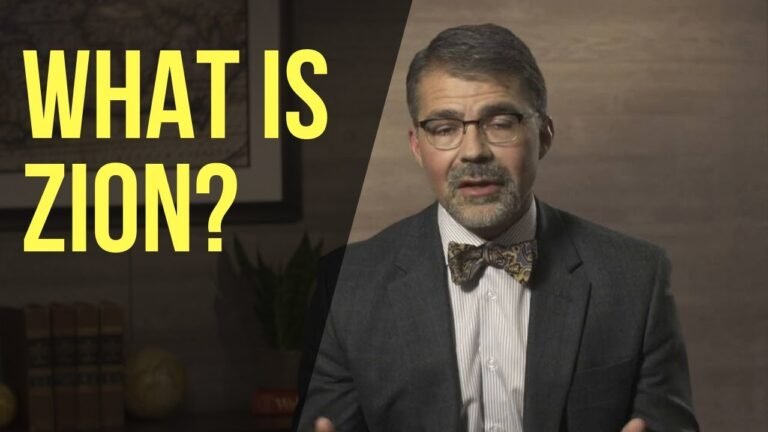Understanding the Definition of Apocalypse
In a world often captivated by the notion of an impending apocalypse, the term apocalypse transcends mere disaster scenarios to encompass profound transformations and revelations. Derived from the Greek word meaning to uncover or to reveal, an apocalypse signifies not just the end of one era but the potential for new beginnings. This exploration delves into the multifaceted interpretations of apocalypse, examining its cultural, spiritual, and existential implications in our contemporary society.
What does apocalypse truly mean?
Apocalypse signifies a moment of profound transformation, often interpreted as the end of the world or a cataclysmic event that alters existence dramatically, akin to the devastation of a significant earthquake. Rooted in religious texts, particularly the Biblical book of Revelation, it encapsulates the concept of total destruction and renewal, where the familiar gives way to the unknown. This dual nature evokes a sense of both fear and fascination, representing not just an end, but also the potential for rebirth and a new beginning.
What does the Bible say about the apocalypse?
In biblical terms, the apocalypse signifies a profound encounter with the divine that radically alters an individual’s understanding of existence. This transformative experience often reveals the deeper truths of reality, shifting one’s perspective from the mundane to the extraordinary. It serves as a moment of clarity, allowing individuals to perceive the world through the lens of God’s ultimate purpose.
Such moments are not merely frightening revelations; they are invitations to witness the interconnectedness of all creation and the overarching plan that governs it. This exposure to divine reality compels individuals to reevaluate their values, priorities, and relationships. It challenges them to confront their own beliefs and understand the significance of their actions in the grand narrative of life.
Ultimately, the biblical apocalypse is less about destruction and more about awakening. It is a call to transformation, urging believers to align their lives with the divine vision. Through this intense confrontation with God, individuals are inspired to embrace a renewed sense of purpose, fostering hope and resilience in the face of uncertainty.
What does it feel like to experience an apocalyptic sensation?
Feeling apocalyptic evokes a profound emotional experience, marked by an intense awareness of change and uncertainty. It encompasses a spectrum of feelings, from the dread and anxiety tied to the notion of impending doom, to a deep sense of loss as we reflect on what has been left behind. This heightened state of awareness can create a melancholic nostalgia for the past while simultaneously igniting a restless excitement for what the future may hold.
In this complex emotional landscape, the apocalyptic feeling challenges individuals to confront their fears and hopes. It serves as a reminder of the fragility of existence, pushing us to reevaluate our priorities and relationships. Whether it manifests as an overwhelming sense of despair or a spark of inspiration, embracing this emotional turbulence can lead to personal growth and a deeper understanding of our place in an ever-evolving world.
Unraveling the Meaning Behind the End Times
As humanity grapples with uncertainty and rapid change, the concept of the End Times has emerged as a focal point of discussion across cultures and faiths. This period, often depicted in religious texts and popular media, invites individuals to reflect on the deeper meanings of existence, morality, and the fate of our planet. The End Times challenge us to consider not just the apocalyptic imagery but also the potential for renewal and transformation that can arise from chaos. It serves as a reminder that periods of upheaval can lead to profound personal and collective growth.
Understanding the End Times is not merely an exercise in predicting the future; it is an invitation to engage with the present. By examining the signs and symbols associated with this era, we can uncover insights into our values, relationships, and responsibilities as stewards of the Earth. The narrative encourages us to confront our fears while inspiring hope for a better tomorrow. In this light, the End Times become a powerful catalyst for change, urging us to take action in our lives and communities, ultimately fostering a renewed sense of purpose and connection.
Exploring the Roots of Catastrophic Change
Throughout history, humanity has faced numerous catastrophic changes that have reshaped societies, ecosystems, and economies. From natural disasters to man-made crises, these events often serve as stark reminders of our vulnerability. Understanding the roots of these transformations is vital, as they provide insights into the patterns of behavior and environmental interactions that lead to upheaval. By analyzing past occurrences, we can glean valuable lessons on resilience and adaptation.
One of the primary drivers of catastrophic change is the interplay between human activity and natural systems. As populations grow and industrialization accelerates, the delicate balance of ecosystems is disrupted. Deforestation, pollution, and climate change are just a few examples of how our actions can trigger widespread consequences. These changes not only threaten biodiversity but also jeopardize the livelihoods of communities dependent on these natural resources. Recognizing the impact of our choices is essential for fostering a more sustainable future.
To mitigate the risks associated with catastrophic change, we must prioritize collaboration and innovation. By harnessing technology and fostering interdisciplinary research, we can develop strategies that address the root causes of crises. Engaging communities in sustainable practices and empowering local voices will also play a pivotal role in building resilience. Ultimately, our ability to navigate future challenges hinges on our commitment to learning from the past and working together towards a more harmonious relationship with our planet.
The Apocalypse: Myths, Meanings, and Misconceptions
The concept of the apocalypse has long fascinated humanity, intertwining myths and meanings that reflect our deepest fears and hopes. Often misunderstood, these narratives serve not only as cautionary tales but also as catalysts for transformation, encouraging societies to reassess their values and behaviors. From ancient prophecies to modern interpretations, the apocalyptic vision challenges us to confront the consequences of our actions and the fragility of existence. As we navigate through a world rife with uncertainty, it becomes essential to differentiate between sensationalized misconceptions and the profound lessons embedded within these stories, ultimately urging us to seek renewal rather than despair.
Decoding the Concept of Global Transformation
Global transformation represents a profound shift in the way societies, economies, and environments interact on a planetary scale. This concept encompasses the myriad changes driven by technological advancements, climate challenges, and socio-political dynamics. As nations become more interconnected, the need for collaborative solutions to complex issues such as poverty, inequality, and environmental degradation has never been more vital. By embracing innovation and fostering inclusive policies, we can create a sustainable future that benefits all.
At the heart of global transformation lies the recognition that change is not merely a challenge but also an opportunity for growth and development. As we decode this evolving landscape, it becomes clear that engagement and adaptability are essential. By harnessing the collective intelligence of diverse communities, we can drive impactful initiatives that not only address immediate concerns but also pave the way for resilient societies. In this interconnected world, every action counts, and together, we can shape a more equitable and thriving global community.
Understanding the concept of apocalypse goes beyond its common association with catastrophic events. It encompasses a rich tapestry of cultural, religious, and philosophical interpretations that invite us to reflect on transformation and renewal. By exploring its various meanings, we gain insight into humanity’s resilience and our ongoing quest for hope amid uncertainty. Embracing this multifaceted perspective allows us to navigate our own narratives of change, turning potential endings into opportunities for new beginnings.







